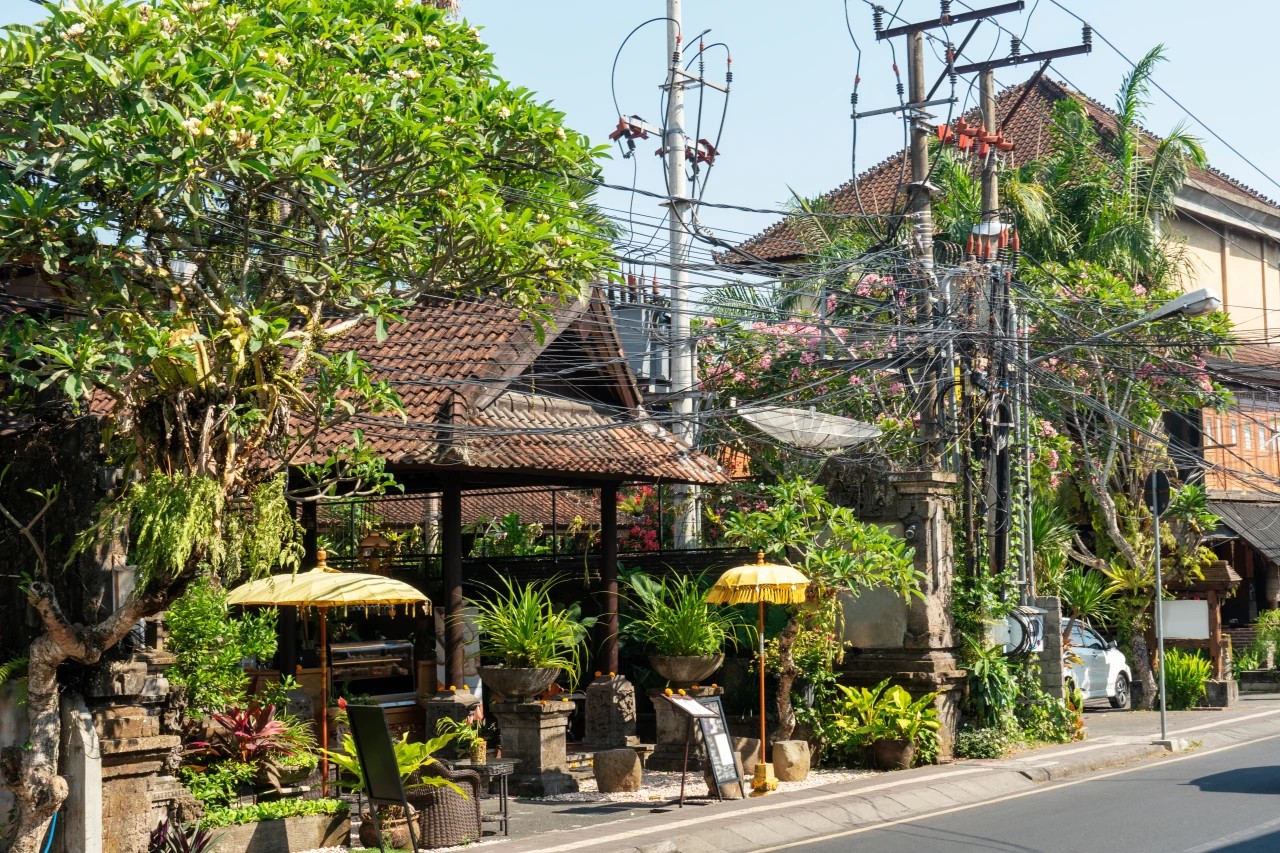The Indonesian Ministry of Tourism approved Peraturan Menteri Pariwisata No. 6 Tahun 2025 — a document that completely changes the licensing and control system of tourism services across the country. The new regulation affects literally all players in the tourism market — from villa and dive center owners to transport rental companies and those organizing excursions and tours.

Let's understand what exactly is changing and how the new rules will impact the tourism business.
1. Risk Level Categorization
All types of tourism activities are now divided into three categories:
- Low risk — for example, tour bookings or bike rentals; minimal safety requirements, simplified inspections;
- Medium risk — hotels, restaurants, transfers; enhanced standards, regular inspections;
- High risk — diving, sea tours, flights, extreme activities; strict regulations.
Each category has specific technical standards, safety requirements, staff qualification, and service quality standards.
2. Certificate of Conformity (Sertifikat Standar)
Every company providing tourism services must undergo certification — receiving a document that confirms its services meet the new standards. They have one year to do this, after which operations without the certificate may be temporarily halted or the license revoked.
3. Control through Electronic System + On-Site Inspections
One of the key measures is control through the OSS (Online Single Submission) system. The tourism business will have to input information into OSS, and inspectors will be able to automatically access this data. Additionally, the regulations provide for:
- On-site inspections;
- Photo documentation of sites;
- Automated notifications to businesses about non-compliances.
4. Possible Penalties
The regulation explicitly outlines types of penalties for violations for the first time:
- Official warning;
- Temporary suspension of operations;
- Complete license cancellation.
This means that control over illegal travel agents, boat rentals, and other 'shadow' market participants will become noticeably stricter.
5. Appendices: Activity Standards (KBLI)
The document includes appendices with KBLI codes (business classification) and detailed technical standards:
- Villas and guesthouses;
- Tourist boat services, diving;
- Transport rental and transfers;
- Excursions and local activities.
Important: each operator must now know which code their activity falls under.
What Changes in Practice
For most companies and private owners (e.g., those who rent villas or organize transfers), the changes mean they need to undergo certification, confirm safety standards, staff qualifications, and have valid documents.
The goal of the reform is not to complicate work but to regulate the market and improve the quality of tourism services, especially in light of the increasing number of complaints and accidents involving unlicensed operators.
With the adoption of Permenpar 6/2025, Bali's tourism industry regulation strengthens control and establishes new administrative measures. Those working in this field should not postpone taking action: compliance with the new norms is not only a law but a guarantee of long-term stable operations in the island's tourism sector.
Source: kemanpar
📩 Contact us conveniently for consultation!
Telegram - @legalindonesia / @LegalIndonesiaBot
Whats App - https://wa.me/628179677771

You can add one right now!